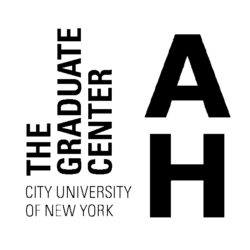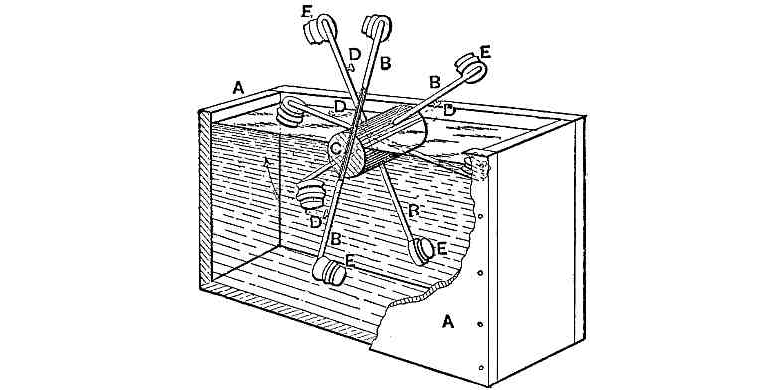Art History PhD students Matilde Guidelli Guidi, Sydney Stutterheim and Jonathan Patkowski have organized a conference in collaboration with Professor David Joselit on speculative realism, accelerationism and aesthetics that will be held at The Graduate Center on March 27th, 2015 – Interested parties are invited to submit a paper abstract of 300-500 words along with a CV to speculateaccelerate@gmail.com by January 15th, 2014.
Full CFP details below!
In a global context marked by widespread financial speculation, data circulation, ecological catastrophe and political paralysis, speculative realism and accelerationism have emerged as significant challenges to modes of thought and action grounded in the experience of human subjects. By focusing on ontology rather than epistemology, speculative realists consider modes of existence and agency of things beyond anthropocentric frameworks. Accelerationism refuses nostalgic modes of Leftist resistance to imagine the progressive potential hidden within capitalist technologies that appear to shatter traditional forms of identity.
We invite artists, curators, scholars and graduate students to examine the implications of accelerationism and speculative realism for artistic and curatorial practice, as well as the opportunities and limitations of non-anthropocentric aesthetico-critical strategies.
Papers may address both historical and contemporary subjects in the visual arts, architecture and performance, and consider such questions as:
- Does accelerationism or speculative realism have an aesthetics?
- How might these philosophies allow for a renegotiation of boundaries between art, technology, ecology, and science?
- Can they offer new perspectives on established critical categories – such as autonomy, alienation, reification, realism, and fetishization – and related artistic strategies – i.e., estrangement, mimesis, and détournement?
- How might accelerationism allow for a reconsideration of future- and technologically-oriented artistic practices, from historic avant-garde fusions of man and machine to 1990s cyberpunk, or alternatively account for the fixation on temporal passage and obsolescence in much recent art?
- Does the materiality of art allow it to speculate on modes of being in the world beyond traditional limits of human subjectivity? Can art- and exhibition-making engage with the natural sciences to take up the problems of the Anthropocene?
This daylong conference will feature international speakers including Anselm Franke and Miguel Abreu.
Conference funding provided by the John Rewald Endowment of the Ph.D. Program in Art History, and The James Gallery at The Center for the Humanities at The Graduate Center, CUNY.
Contact details (address, e-mail, and telephone number) and academic affiliation should be provided along with CV and abstract. Selected speakers will be notified by January 30, 2015.



